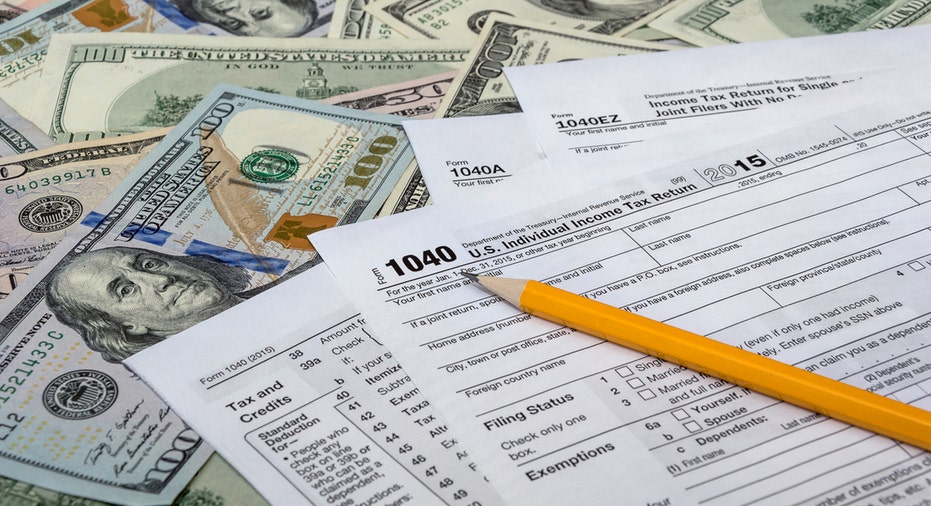5 Tax Breaks That Will Disappear in 2017

Claiming tax credits and deductions can reduce the size of your income tax bill or increase the size of your refund check. But not all tax breaks last forever. A number of tax benefits were on the chopping block at the end of 2016 because Congress considered letting them expire. Here’s a look at some of the tax breaks that won’t be around for tax year 2017.
Estimate your income tax burden.
1. Mortgage Insurance Premium Deduction
If you put down less than 20% when you bought your house, you’re probably paying for private mortgage insurance (PMI). Before the mortgage insurance premium deduction expired, the premiums for PMI were 100% tax-deductible for households with an adjusted gross income of $100,000 or less. Now that the tax break has been eliminated, homeowners could miss out on a deduction worth several hundred dollars (depending on the size of your mortgage and your mortgage insurance premium amount).
2. Exclusion for Canceled Mortgage Debt
The Mortgage Forgiveness Debt Relief Act was passed in 2007 in an effort to help underwater homeowners who lost their homes to a short sale or foreclosure. The act, which allows for the exclusion of forgiven mortgage debt from income, was extended several times in the past. But it wasn’t renewed before Congress adjourned for 2016.
While the Mortgage Forgiveness Debt Relief Act has expired, homeowners can still qualify for mortgage debt cancellation relief when they file their 2016 tax returns. But if Congress fails to reinstate the law in the future, homeowners may end up with higher tax bills if a sizable portion of their mortgages are forgiven.
3. Medical Expense Exception for Seniors
Before the tax break expired, qualified medical expenses were deductible for seniors age 65 and older (and their spouses) above 7.5% of their adjusted gross income. Now, seniors and other taxpayers can only deduct medical expenses that are above 10% of their adjusted gross income. Since seniors won’t be able to write off as many medical expenses moving forward, many of them may pay higher taxes.
Related Article: All About Tax Credits
4. Tuition and Fees Deduction
College can be expensive but there are several tax breaks that can make it more affordable. Before the tuition and fees deduction expired, it could reduce your taxable income by up to $4,000 and you could claim it even if you didn’t itemize your deductions.
While the deduction won’t be around for tax year 2017, you can claim the tuition and fees deduction on your 2016 tax return if you covered the cost of qualified tuition or fees for yourself, a dependent or your spouse.
5. Energy-Saving Home Improvement Credits
Making certain eco-friendly improvements to your home – such as installing an energy-efficient hot water heater or upgrading your insulation – could once reduce your utility bill and your tax bill at the same time. But some of the energy-efficient tax credits expired at the end of 2016.
Beginning in tax year 2017, you can no longer get a 10% tax credit for qualified energy-efficient improvements. Before the credit expired, it had a lifetime limit of $500. It’s also no longer possible to get a 30% tax credit for installing fuel cells in your home.
Related Article: What Can You Deduct at Tax Time?
Final Word
Even though some tax breaks have expired, Congress could vote to extend the measures retroactively. If that happens, you may be able to claim them on your 2017 tax return. In the meantime, it’s important to find out whether you can take advantage of any other tax credits or deductions when you file your taxes this spring.
This article originally appeared on SmartAsset.com.
Read More From SmartAsset.com:



















